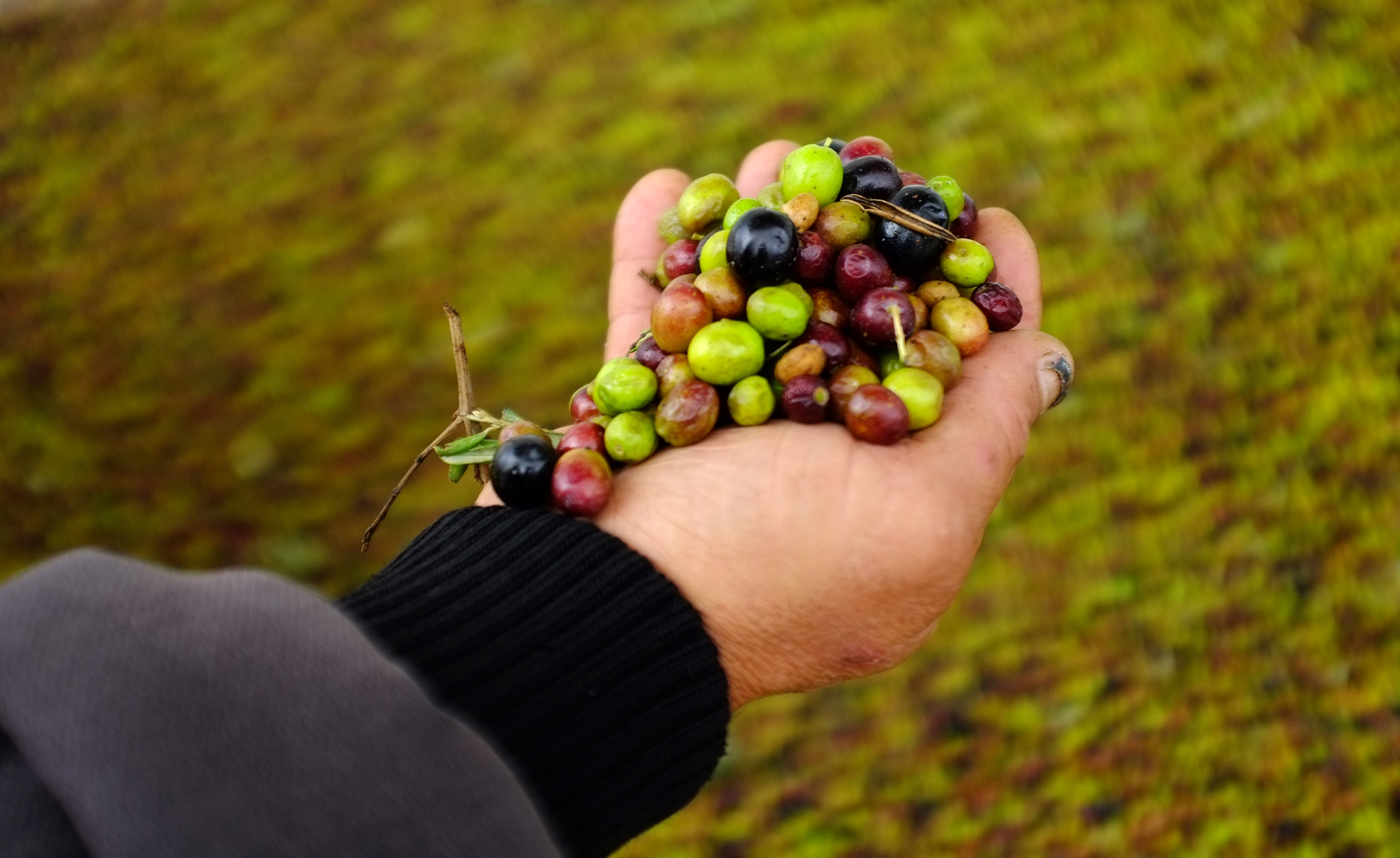Putting Tunisian Olive Oil on the International Map

Since 2013, the Tunisian Government has been working to unlock the potential of its quality olive oil through a cooperation programme with the EBRD and FAO. A combination of agrifood investments, innovative marketing, and capacity-strengthening activities across the value chain seek to stimulate a transition from mass production to bottled oils.
“We had productive discussions with private stakeholders to see how, together with public authorities, we can put Tunisia’s olive oil on the international map, help local producers access high-value export markets, and improve the product quality, while helping the sector to be climate resilient highlighted Lisa Paglietti, Economist, FAO leading the project” while summarising the achievements of the FAO-EBRD project.
A menu of presentations and discussions resulting in priority setting.
Lisa Paglietti, elaborated on the potential for digitalizing the sector in support of sustainable natural resources management, production efficiency, quality control and food safety. She also explained how Tunisian olive oil companies could leverage big data and technologies such as artificial intelligence and GIS to improve production processes and meet evolving consumer demands.
Mauro Meloni, Director of the Italian Consortium CQverde highlighted the importance of improving the quality of olives delivered to the mills, and introducing incentives for the implementation of good production practices. These priorities were identified for the sector in Tunisia through a mill mapping exercise aimed at identifying key areas of investment in the sector.
Prof Ayadi, olive oil expert, University of Liége, presented the significance of market diversification, branding and certification to increase market recognition and competitiveness in the sector.
The debate that followed during the roundtable expert discussion was about the role of innovations and importance of quality standards and certifications to access high-value markets and deliver inclusive growth.
“Meeting the food safety and quality standards required by supermarkets and other sophisticated clients opens the door to direct exports, increases the value added for oil producers and raises the profile of Tunisian brands,” said Lisa Paglietti. “Quality and safety assurances are essential to strengthen an olive oil company’s credibility and help them stay competitive in a crowded market”.
A future built on ancient cultural foundations
The Tunisian olive sector dates back to pre-Roman times. Today, with the right investments, export strategies, food safety measures and branding, it stands at the edge of a renaissance.
“By identifying and exploiting sector opportunities, Tunisia can promote sustainable economic development, stimulate agricultural innovation, and strengthen its position as a leading global supplier of quality olive products,” commented Iride Cecacci, Associate Director, Head of Advisory/ Agribusiness at the EBRD. “This conference has stimulated an open dialogue between private stakeholders and government authorities on investment needed to incentivize supply chain efficiency, quality olive oil production and develop this strategically important sector for Tunisia.”
